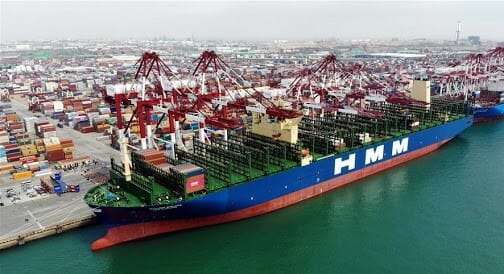China’s trade surplus hit new records.
As with many other strong trade surplus scenarios, such as in Australia, a key contributing factor has actually been weakness on the import side. Growing just 2.3%.
Nevertheless, it was good to see exports surging 18% as an indication of ports and shipping getting back to normal. Further Covid lockdowns cannot be ruled out, but authorities appear to be taking a slightly more tolerant and accommodative role on this front.
That is the fine print so to speak. However, as the big picture tectonic plate shift is to be found in the maturity of the Chinese domestic economy overall. The modest imports number shows widespread caution by consumers and businesses alike and we all know about the nation’s property troubles.
There are two distinct forces at work and they can tend to reinforce one another. These are a peak in the property sector having been seen about a year ago now and a much more profound general coming of age of the economy in an historic context.
We have been forecasting for some time that China was now settling back into a more stable growth path. To expect growth rates more akin to the west in the region of 2% to 5% GDP.
Clearly, this is still a strong performance zone, but nothing of the kind of the previous two decades. This is not a short-term aberration. Many thought the China slowdown was due entirely to Covid and then to lockdowns.
We should think of these events as masking what was already at play in the underlying economy. That is, the end of boom phase of a fifth of the world’s population playing catch up to the economies of the west.
China has established itself as the second largest economy in the world and is likely to continue to grow faster than the USA. Thereby contributing more to global growth than any other economy.
The permanent slowing of China, now in place, means a much lower forward trajectory for the global economy as well.
Repercussions of this seismic shift will continue to grow. Particularly for nations like Australia who depend on commodity exports to China for much of their own economic strength.
The whole world is in the grip of inflation, higher rates and a serious slowing of the major three economic zones of Europe, Asia and the USA.
Market insights and analysis from Clifford Bennett, Chief Economist at ACY Securities









